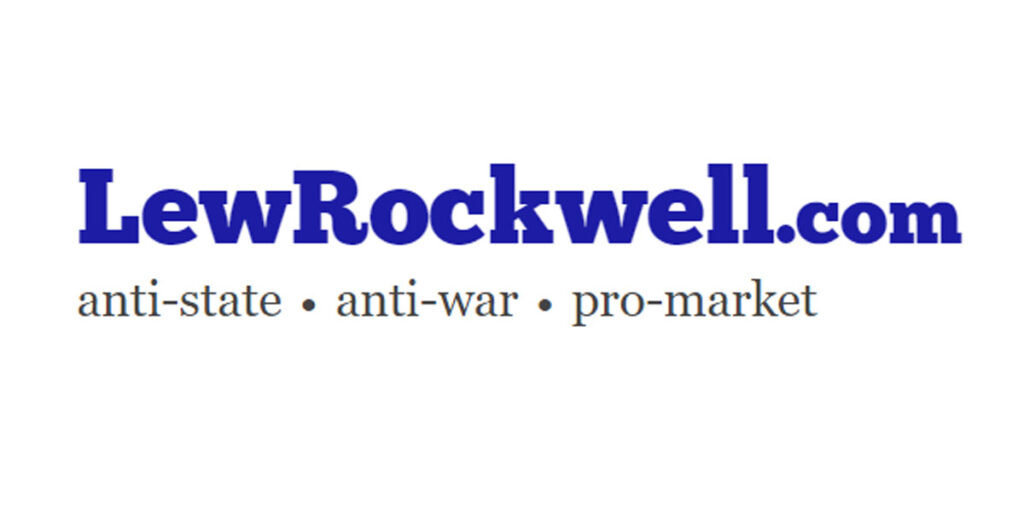Before the onset of COVID-19, Gardasil, the human papillomavirus (HPV) vaccine, was viewed by some, including prominent figures like Mr. Kennedy, as an especially dangerous and unjustifiable vaccine, drawing parallels to Merck’s earlier scandal involving Vioxx, a painkiller linked to serious cardiovascular risks. In 2020, after filing a lawsuit against Gardasil, Kennedy highlighted Merck’s history of manipulating data and obscuring health risks, comparing the HPV vaccine’s marketing tactics and scientific integrity—or lack thereof—to those used in promoting Vioxx. In essence, he argued that the same irresponsible corporate culture that led to the Vioxx scandal was echoed in Gardasil’s rollout, suggesting that this vaccine, like Vioxx, had contributed significantly to public health issues.
Vioxx had a notorious history, where evidence of its harmful effects was systematically ignored or suppressed by Merck, with the FDA allegedly complicit in maintaining its market presence despite growing evidence of risks. This pattern raises questions about the regulatory oversight of pharmaceuticals, particularly how the FDA handles safety concerns. Testimonies from FDA scientists revealed a culture within the agency resistant to withdrawing harmful drugs, with concerns that future dangerous drugs would similarly remain on the market due to corporate influence. Merck’s financial woes following the withdrawal of Vioxx put pressure on the company to find new profitable ventures, leading to the development of Gardasil with its promise of preventing HPV, a virus affecting a large portion of the population and associated with certain cancers.
As Gardasil was approved in 2006, it became part of a heavy advertising campaign promoting fear around HPV and the potential dangers it posed. This fear-driven marketing strategy echoed tactics seen during the COVID-19 vaccine rollout, capitalizing on public concern to drive vaccination rates. The uptake of Gardasil increased significantly, with vaccination rates among adolescent girls rising from 25.1% in 2007 to 79.3% by 2023, showing the effectiveness of the promotional campaigns that urged parents to vaccinate their children against HPV. This strategy was financially beneficial for Merck as the vaccine required multiple doses and quickly rose to become one of the most expensive vaccines on the market.
The financial aspects of Gardasil’s marketing reflect the broader trends in the pharmaceutical industry, where lucrative opportunities often hide underlying safety concerns. Like Vioxx’s heavy financial fallout, Gardasil turned into a major revenue source for Merck; by 2023, sales reached $1.87 billion, cementing its place as one of the company’s top-selling drugs. Additionally, to address challenges related to its high cost, the vaccine often required state or federal financial support, similar to the implementation strategies utilized during the COVID-19 vaccination campaign, where significant public funds were allocated to support distribution.
Healthcare strategies heavily influenced by profitability can lead to dangerous outcomes; the narrative developed around Gardasil showcases how health promotion can be fueled by economic interests rather than purely by health concerns. The promotion of Gardasil as a cancer preventive measure was woven with high costs and aggressive marketing, reminiscent of the previous experiences with Vioxx. Such historical parallels prompt scrutiny about the role of corporate interests in shaping public health initiatives and the ethical implications of these practices in both past and present vaccine campaigns.
In conclusion, the unfolding events surrounding Gardasil underscore the complexities of pharmaceutical marketing, regulatory oversight, and public health policy. The narrative around Gardasil serves as a crucial reminder of the necessity for continuous vigilance regarding the approval and promotion of vaccines and drugs, particularly those with significant market potential. The experiences with both Gardasil and Vioxx provide critical learning opportunities about the intersections of ethics, profitability, and public health, highlighting the importance of accountability and transparency within the pharmaceutical industry.

